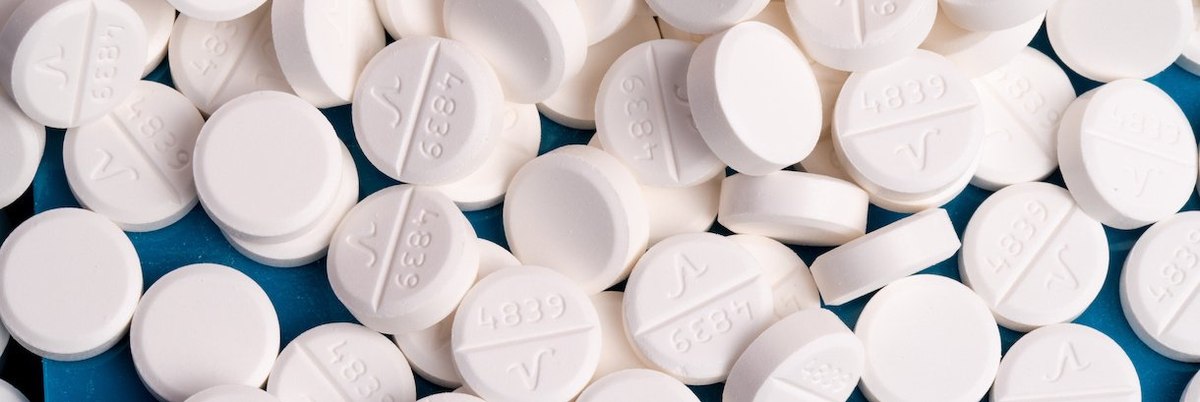New polling by the Economist and YouGov asked about opioids, and more specifically, fentanyl — a powerful synthetic opioid that has contributed to a significant increase in overdose deaths in recent years.
The vast majority Americans believe fentanyl is a very (57%) or somewhat (28%) serious problem in the United States, and many have personally been affected by it or other opioids. Nearly half (45%) of Americans say they know someone who has been addicted to opioids, including either themselves, a family member, a friend, or an acquaintance — or in some cases, more than one.
Few have favorable views of the government's response on the issue of fentanyl. More strongly or somewhat disapprove (44%) than strongly or somewhat approve (35%) of President Joe Biden's handling of fentanyl. About three-quarters of Americans (73%) say the government should be doing more to address the illegal distribution of fentanyl in the U.S.
Whom do Americans blame for the problem of fentanyl in the U.S.? Among the potential recipients of blame included in the survey, the one with the largest share who give it a lot of blame — 74% — is "drug dealers who illegally sell fentanyl." Fewer place a lot of blame on other sources asked about; between 32% and 43% place a lot of blame on each of Mexico, China, pharmaceutical companies, the U.S. federal government, addicts, and doctors.
The U.S. Food and Drug Administration recently approved the over-the-counter sale of Naloxone — a nasal spray also known as Narcan that can treat a narcotic overdose in an emergency situation. About three-quarters (78%) of Americans have heard at least something about the life-saving drug and about two-thirds (66%) support the FDA's decision to approve Naloxone for over-the-counter purchase.
There is less support for the development of safe injection sites, which provide people with clean needles and allow them to inject illegal drugs under the supervision of a medical professional. Americans are more likely to strongly or somewhat oppose (50%) building a safe injection site in their local area than they are to strongly or somewhat support (39%) building one.
— Carl Bialik, Linley Sanders, and Kathy Frankovic contributed to this article
Related:
See the toplines and crosstabs from the Economist/YouGov poll conducted on April 22 - 25, 2023 among 1,500 U.S. adult citizens.
Methodology: Respondents were selected from YouGov’s opt-in panel using sample matching. A random sample (stratified by gender, age, race, education, geographic region, and voter registration) was selected from the 2019 American Community Survey. The sample was weighted according to gender, age, race, education, 2020 election turnout and presidential vote, baseline party identification, and current voter registration status. Demographic weighting targets come from the 2019 American Community Survey. Baseline party identification is the respondent’s most recent answer given prior to June 1, 2022, and is weighted to the estimated distribution at that time (34% Democratic, 31% Republican). The margin of error for the overall sample is approximately 3%.
Image: Adobe Stock (JAY)









